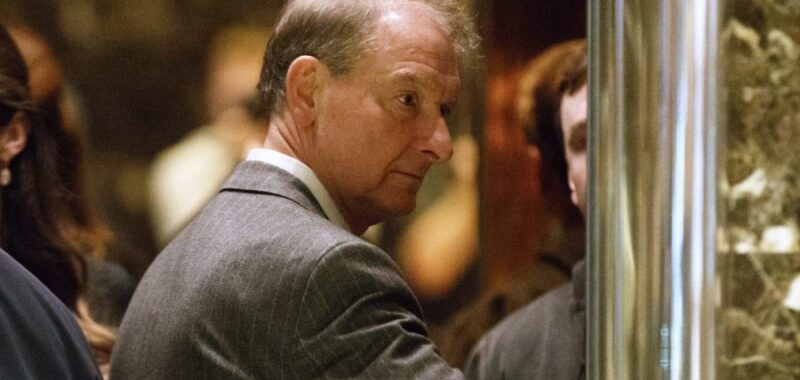
The Senate confirmed Paul Atkins as the next Securities and Exchange Commission (SEC) leader.
Atkins, a former Republican SEC commissioner, was greenlighted by the Senate in a 52-44 vote on Wednesday evening.
President Trump nominated Atkins, a Wall Street consultant, to the head the independent financial regulator, describing him as a “proven leader for common sense regulations.”
“He believes in the promise of robust, innovative capital markets that are responsive to the needs of Investors, & that provide capital to make our Economy the best in the World,” Trump said of Atkins in December last year.
Atkins, who served as SEC’s commissioner from 2002 to 2008, will take the helm of the agency that enforces laws against market manipulation.
Under Atkins, the SEC is expected to reduce corporate disclosures, cut back on regulation and be more crypto-friendly, particularly compared to previous chair Gary Gensler, who had a more hardline approach to the industry.
Gensler, who served as SEC chair for nearly the entirety of former President Biden’s term, stepped down ahead of Trump’s inauguration, saying in November last year that the SEC “has met our mission and enforced the law without fear or favor.”
Senate Banking Committee Chairman Tim Scott (R-S.C.) applauded Atkins’ confirmation, stating on Wednesday that the CEO of Patomak Global Partners “brings a wealth of experience and dedication to safeguarding our capital markets.”
“His tenure will mark a pivotal moment to roll back harmful Biden-era policies, promote capital formation, and enhance opportunities for retail investors,” Scott said. “Chairman Atkins will also provide regulatory clarity for digital assets, allowing American innovation to flourish, and ensuring we remain competitive on the global stage.”
Last week, Atkins was advanced out of the Senate Banking panel with a 13-11 vote. His nomination was opposed by a number of Democrats, including Sen. Elizabeth Warren (D-Mass.), the ranking member of the committee, who previously said Atkins voted in “support of several deregulatory measures that contributed to the near collapse of the banking and financial system in 2007 and 2008.”

